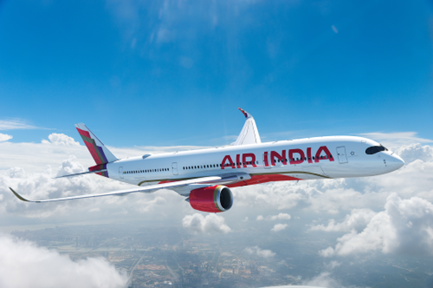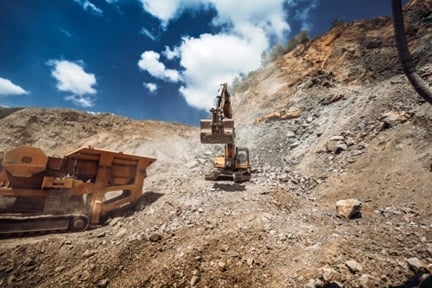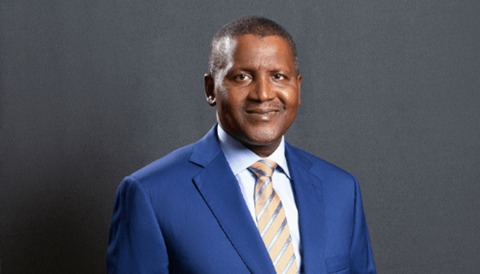Europe promises to mobilise up to US$170bn in Africa
Western response to the growing influence of China could benefit Asian firms

The European Union says it will galvanise almost US$170bn (EUR 150bn) in Africa by 2030 as part of its new investment strategy widely seen as a counter to the formidable presence of China in the continent. At the sixth African Union-European Union (AU-EU) Summit held in Brussels in February, the EU Commission President Ursula von der Leyen made a promise to put Africa at the centre of the so-called Global Gateway programme that aims to present all bilateral, multilateral, and private sector investments under a single cohesive strategy. It is part of a broader investment strategy called ‘Global Gateway’ through which Europe is trying to establish a new economic partnership with the developing world. Although the detail of the plan is missing, the investment is expected to go towards renewable energy, Internet access, transport, vaccines, and education.
According to a brief (and somewhat detail-thin) explainer that the EU put out, the Global Gateway Investment Package will focus on infrastructure that can facilitate trade and mobility. Also included is a EurAfrica Gateway Cable – an under-sea fibre optic network that will connect sub-Saharan Africa (SSA) with Europe. Another focus is electrification – 600m Africans still lack access to electricity.
The most important disagreement at the summit was over Europe’s refusal to waive Trade-Related Aspects of Intellectual Property Rights (TRIPS) on the production of Covid-19 vaccines. The continent lags the rest of the world in the race to vaccinate its population. By some estimates 80% of Africans are yet to receive their first shot of mRNA vaccines. South African President Cyril Ramaphosa, however, managed to press Von der Leyen to say that the EU would look for a “good compromise” on the matter “within the constraints of the World Trade Organization (WTO) framework”.
Critics say the Global Gateway is simply a re-packaging of what is already on offer. Unlike China, assistance from Europe comes with strings attached. This includes adherence to standards set by Brussels on the production of agriculture commodities, conditions of labour and human rights record – which is often difficult for most African countries to comply with. Although Von der Leyen described Europe as the most ‘reliable partner for Africa’ there are doubts on how effective the Global Gateway will turn out to be. In 2017, at the fifth AU-EU summit, Brussels had announced a plan to mobilise almost US$47bn (EUR 44bn) but there has since been little data to indicate how investment actually took place.
Uncertain economic recovery means Africa will be competing for private investments from other attractive markets in Asia. The EU will also have its work cut out when trying to persuade private financiers to invest alongside it in Africa just as returns in US treasury bonds have started to improve.
Major investments of European capital, even if it falls short of target, could stimulate demand for Asian exports - especially of communications hardware and electricity transmission equipment. This includes mobile phone handset manufacturers like South Korea’s Samsung, China’s Huawei, and Japan’s Sumitomo. Firms in Asian financial hubs like Singapore could also take advantage of Global Gateway if it helps de-risk some of their investment. The biggest beneficiary, however, could very well be China. Three days before the summit, on 14 February, China announced it had reached an agreement with France on seven joint investment projects with a total price tag of US$1.7bn. Some of these projects could be in Africa.
References
‘Les Européens vont-ils convaincre les Africains avec leur nouveau partenariat ?’ RFI, 17 February 2022
‘UE-Afrique: plus de 150 milliards d'euros d'investissements sans «cette relation de tutelle»’, RFI, 11 February 2022
‘EU - Africa: Global Gateway Investment Package – Infrastructure’, EU Commission, 18 February 2022
‘Ramaphosa refuses to budge on TRIPS waiver for Covid-19 vaccine manufacturing’, Daily Maverick, 20 February 2022
‘La Chine et la France renforcent leur coopération commerciale’, China.org, 15 February 2022














/enri-thumbnails/careeropportunities1f0caf1c-a12d-479c-be7c-3c04e085c617.tmb-mega-menu.jpg?Culture=en&sfvrsn=d7261e3b_1)

/cradle-thumbnails/research-capabilities1516d0ba63aa44f0b4ee77a8c05263b2.tmb-mega-menu.jpg?Culture=en&sfvrsn=1bc94f8_1)







